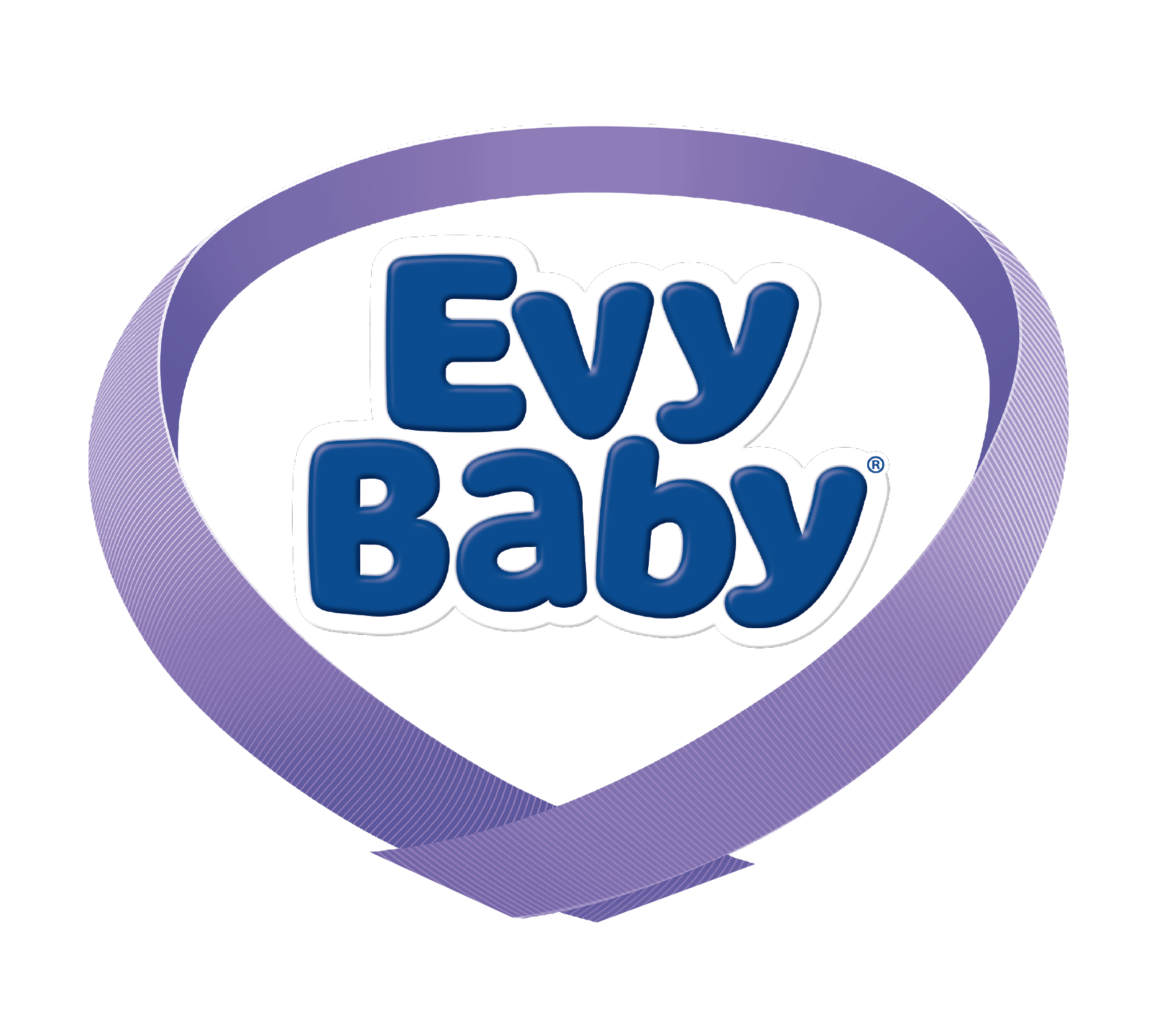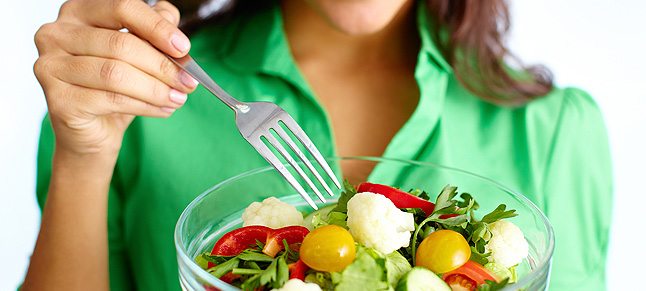

Breastfeeding is the best way to feed your baby. However sometimes after breastfeeding you may observe your baby being gassy and wonder what to do. Often during those times it is natural to think what precautions you can take in order to avoid or decrease gas in your baby.
Different babies respond differently to foods they eat. If you know particular food that causes gas in you later, watch out for the same reaction in your little one. According to the American Academy of Pediatrics about 28 percent of babies develop colic. The symptoms of colic include periods of inconsolable crying that is accompanied by physical signs such as drawing up of the legs and passing gas. The symptoms may start between 3 and 6 weeks of age.
Foods that cause you gassy are because of their fiber content. Fiber is not digested and as it passes through your stomach undigested into the intestine, bacteria tries to break it down, causing you gas. Fiber in the food that causes you gas don’t enter your breast milk, and so there is no way that food will have same effect on your newborn. Gas is normal for babies because of their still developing digestive system. If your baby has a gas, that doesn’t automatically mean that it is due to your diet. But most frequently it can be prevented or minimized by changing your diet. Even though the reason why you have got gas may not be the same for your child, some foods may cause your baby gas. By paying special attention to your diet you can minimize gas in your baby.
Here is a list of some of the foods that can cause your gas:
Beans
Broccoli
Brussels sprouts
Cabbage
Cauliflower
Bran
Oatmeal
Apricots
Peaches
Pears
Plums
Citrus fruits
Though there is little evidence, but studies have linked cruciferous vegetables like broccoli, cauliflower and cabbage to cause gas in many breastfed babies. You can avoid cruciferous vegetables in favor of vegetables like celery and carrots instead.
Eating spicy foods are safe for your baby, yet you should avoid them if you observe them causing discomfort in your child. You may like to avoid spices such as cayenne and chili powder. You should also avoid any foods that you suspect is causing gas in your baby.
There is no reason to be worried if your baby is gassy. But if it becomes a problem or causes discomfort, you should definitely consult a pediatrician or a child specialist doctor.